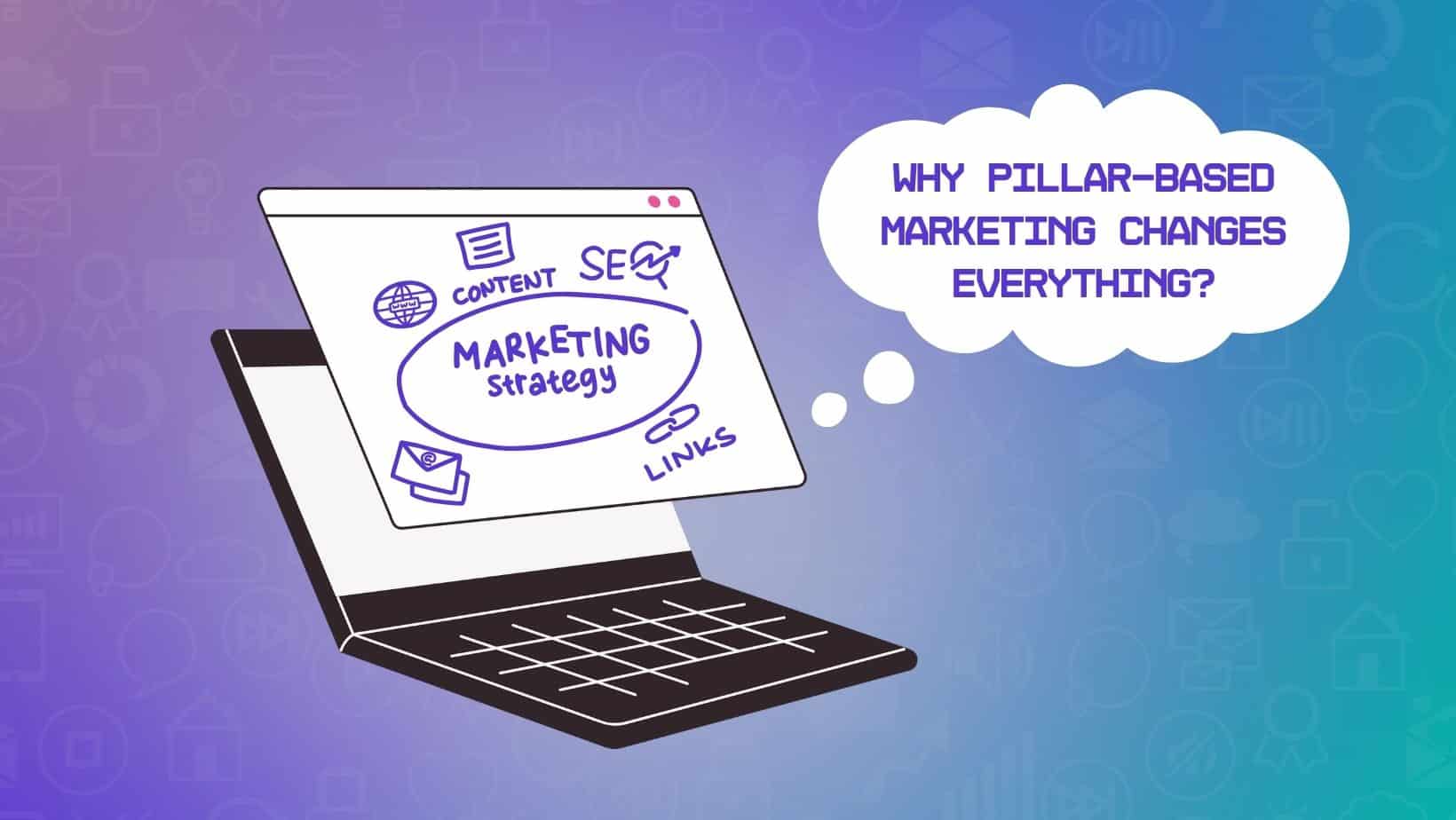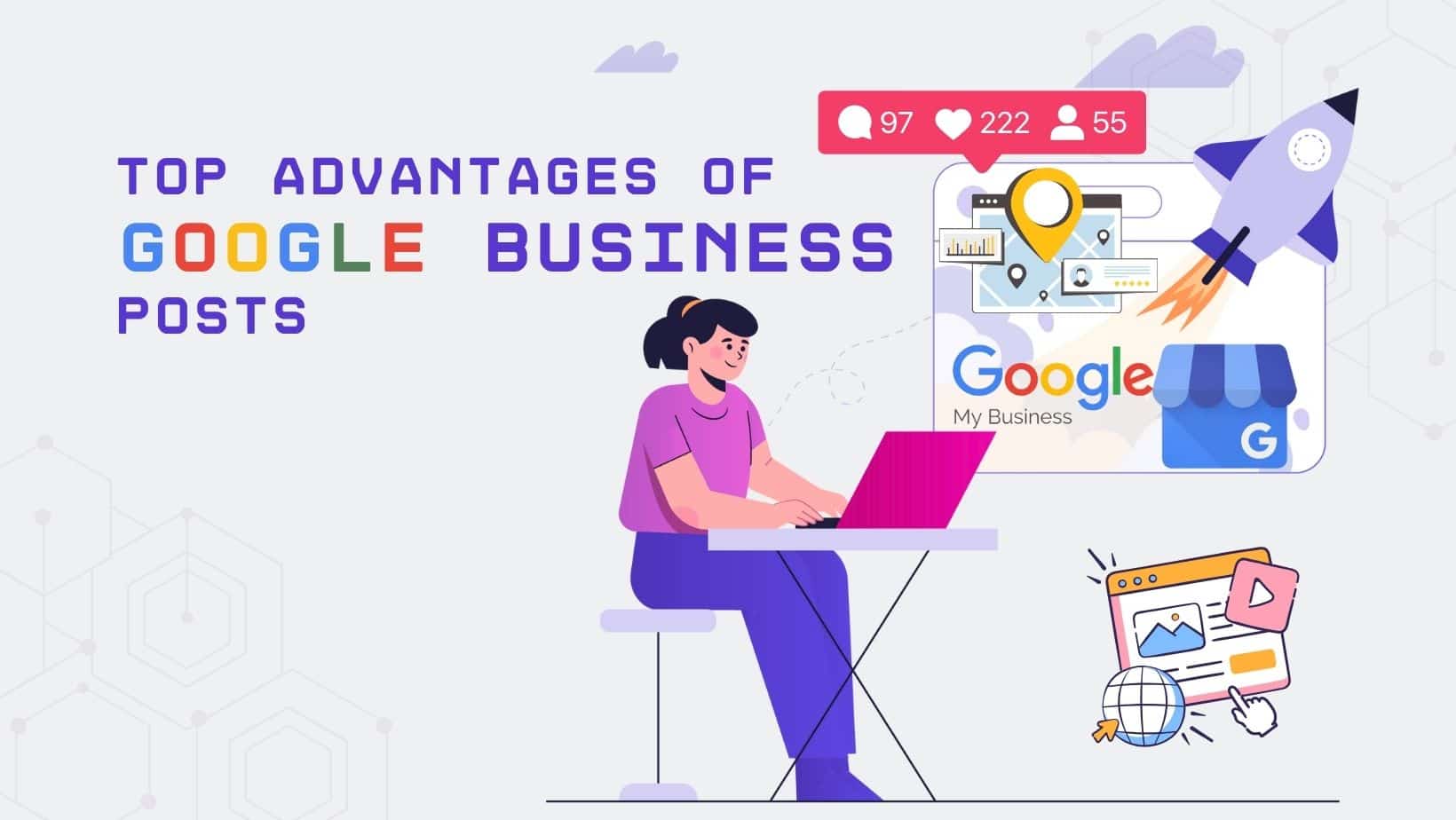When social media first became popular, businesses could get away with simply having a presence on platforms and ‘winging’ it when it came to their strategy.
But as time went on and social media grew, so did the competition. Not to mention, each platform now has its own complex algorithm that determines how visible your content is, so a more strategic approach is needed to succeed.
Without a strategy, you run the risk of not reaping any benefits from social media or, even worse, losing out on potential customers or leads. More precisely, though, here are 6 reasons why you need a social media strategy.
1. To Support Your Broader Business Goals
Every business has goals, whether that’s to increase brand awareness, generate leads, or drive sales. While social media can help you achieve all of those things, you need to have a plan in place to make sure your efforts are focused and effective.
For example, let’s say one of your business goals is to increase brand awareness. In that case, your social media strategy should focus on creating compelling content, using relevant hashtags, and tagging other accounts in your posts.

In contrast, if your goal is to generate leads, you’ll want to make sure your strategy includes calls-to-action (CTAs) and links to landing pages in your posts and profile.
A social media strategy designed to support your business goals will ensure you’re making the most of your time on social media and seeing a positive return on investment (ROI).
Plus, when you know what you’re working towards, it’s easier to measure your progress and adjust your approach as needed if you set the right KPIs.
2. To Better Target Your Ideal Customers/Audiences
One of the best things about social media is that it gives you the ability to laser-focus your marketing efforts and target your ideal customers.
For example, say you sell skateboards. Obviously, not everyone is going to be interested in that. But with social media, you can zero in on people who are passionate about skateboarding, live in a certain area, and are within a specific age range.
When you know your target audience, you can create content that appeals to them, use relevant hashtags, and even run ads that specifically target those individuals. As a result, you won’t only attract more of your ideal customers to your business but also save money by not wasting your time and resources marketing to people who’ll never buy from you.

But without a social media strategy, you’ll likely just be shooting in the dark. The first step to any good social media strategy is understanding who your target audience is. This includes factors such as age, gender, location, interests, and even online behavior. Once you know who you’re targeting, you can start creating content that appeals to them.
Pro Tip: Once your social media accounts are set up, take advantage of social media listening tools. These can help you track down conversations your target audience is having online, so you can join in and start building relationships with them. Also, leverage user-generated content like polls, quizzes, and contests to further understand your audience’s wants and needs.
3. To Consistently Grow Your Social Media Following & Presence
Organic reach (i.e., the number of people who see your content without you having to pay for it)
on social media has been declining for years. For instance, Facebook’s average organic reach was around 5.2% in 2020 and is projected to decline further.
This means that if you want your content to be seen by more than just a handful of people, you need to be strategic about it. And the best way to do that is by having a social media strategy in place.

A social media strategy will help you define what actions you need to take to grow your following and increase your social media presence. That will include everything from the goals you want to achieve to the content you need to create, the frequency of your postings, the social media platforms you need to be active on, and even when you should be posting.
Of course, simply having a strategy isn’t enough. You also need to commit to putting in the work to make it happen. But by having a plan in place, you’ll at least know exactly what actions you need to take to achieve your desired results, and it’ll help you stay consistent with your posting schedule and social media activities.
Then, consistency is guaranteed to pay off. The more active and present you are on social media, the more likely people are to take notice of your brand.
4. To Save Time!
You’re probably thinking that creating a social media strategy will take a lot of time, so what’s the point? But here’s the thing: once you have a strategy in place, it actually saves you time in the long run.
How?
Because when you know exactly what needs to be done and when it needs to be done, there’s no more guesswork or wasted time. You can create a content calendar that outlines what needs to be posted and when, and then all you have to do is follow it.
So instead of having to come up with what to post every day, you’ll simply batch create content ahead of time and schedule it out. No more scrambling to come up with ideas or posting randomly whenever you have a spare minute.

And as your social media following grows, you can start leveraging social media tools and automation to help you save even more time. For example, you can use a tool like Hootsuite to schedule your posts in advance or to help you manage all your social media accounts in one place.
That way, you’ll be freeing up even more time to focus on other aspects of your business or spending that freed-up time to analyze your social media strategy and results so you can continue to improve your efforts.
5. To Help You Become Data-Driven With Your Efforts
With social media, it’s pretty simple: if you aren’t posting what people want to see, they won’t stick around. But how do you know what content your audience wants to see?
The answer is data.
By looking at social media analytics, you can track everything from the number of views and engagement on your posts to detailed information about your followers and their demographics. It won’t be difficult to start seeing patterns emerge after looking at your data for a while.
And once you know what content resonates well with your audience, you can start creating more of that type of content to keep them engaged. For instance, if your blog posts are getting a lot of social media attention, you can start creating more blog content or even turn some of your popular posts into social media graphics.

Similarly, if infographics don’t seem to get much engagement, you can focus on creating other types of content, like videos or blog posts.
In short, data helps you fine-tune your social media strategy, so you’re always creating relevant and interesting content for your audience.
But it all starts with having a social media strategy in the first place so you can track your progress and analyze your results based on it. Without that data, you’ll be flying blind and wasting a lot of time and energy creating content that may or may not be effective.
6. To Put Yourself Ahead of the Competition
Last but not least, having a social media strategy gives you a leg up on the competition.
In today’s day and age, most businesses have some presence on social media. But far fewer have a solid strategy in place. By having a plan for your social media activities, you immediately put yourself ahead of the majority of businesses out there. And as you start to see results from your efforts, you’ll only pull further ahead.

Not just that, but when your social media strategy is tailored to your specific business goals and target audience, you become genuinely distinct in the sea of sameness that is social media.
Most businesses post randomly about anything and everything without any rhyme or reason. But when you have a strategy, every piece of content you create and share is purposeful and helps you move closer to your goals. As a result, your social media presence will be more impactful, and your audience will take notice.
Now’s the Time to Create Your Strategy!
So those are six of the biggest reasons why you need to have a social media strategy. But there’s one more thing to keep in mind.
Your social media strategy shouldn’t be set in stone. As your business evolves, so should your strategy. And as social media platforms change and new ones emerge, you’ll need to be adaptable and willing to make changes to your strategy as well.
The most important thing is to just get started. The sooner you create your strategy, the sooner you can begin reaping the benefits of social media for your business! And if you need help, our team at ShiftWeb is always here to lend a hand. Just contact us, and we’ll be happy to chat about your social media needs.





